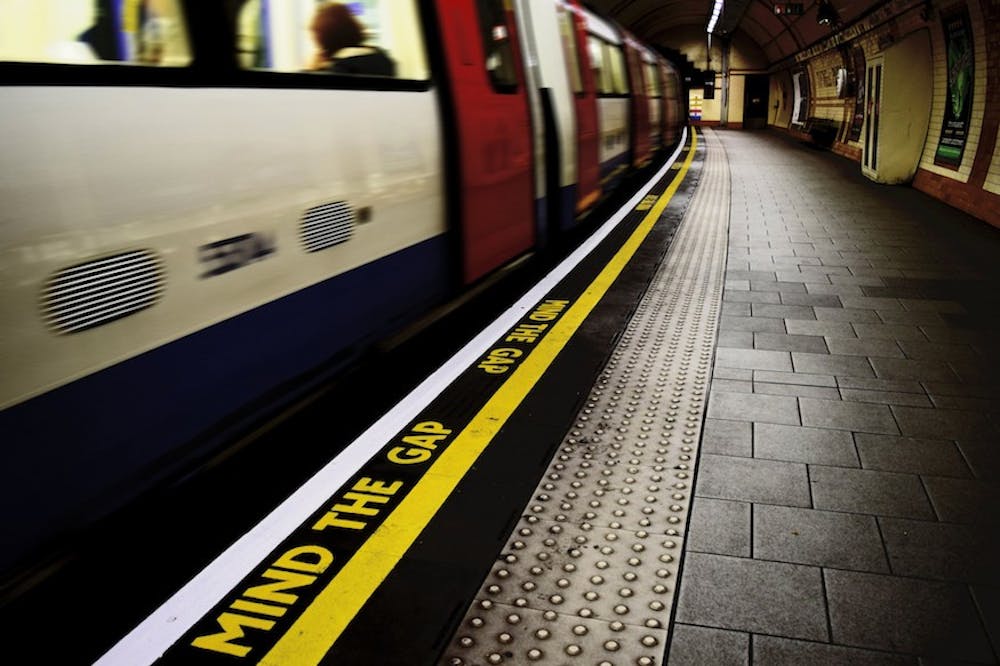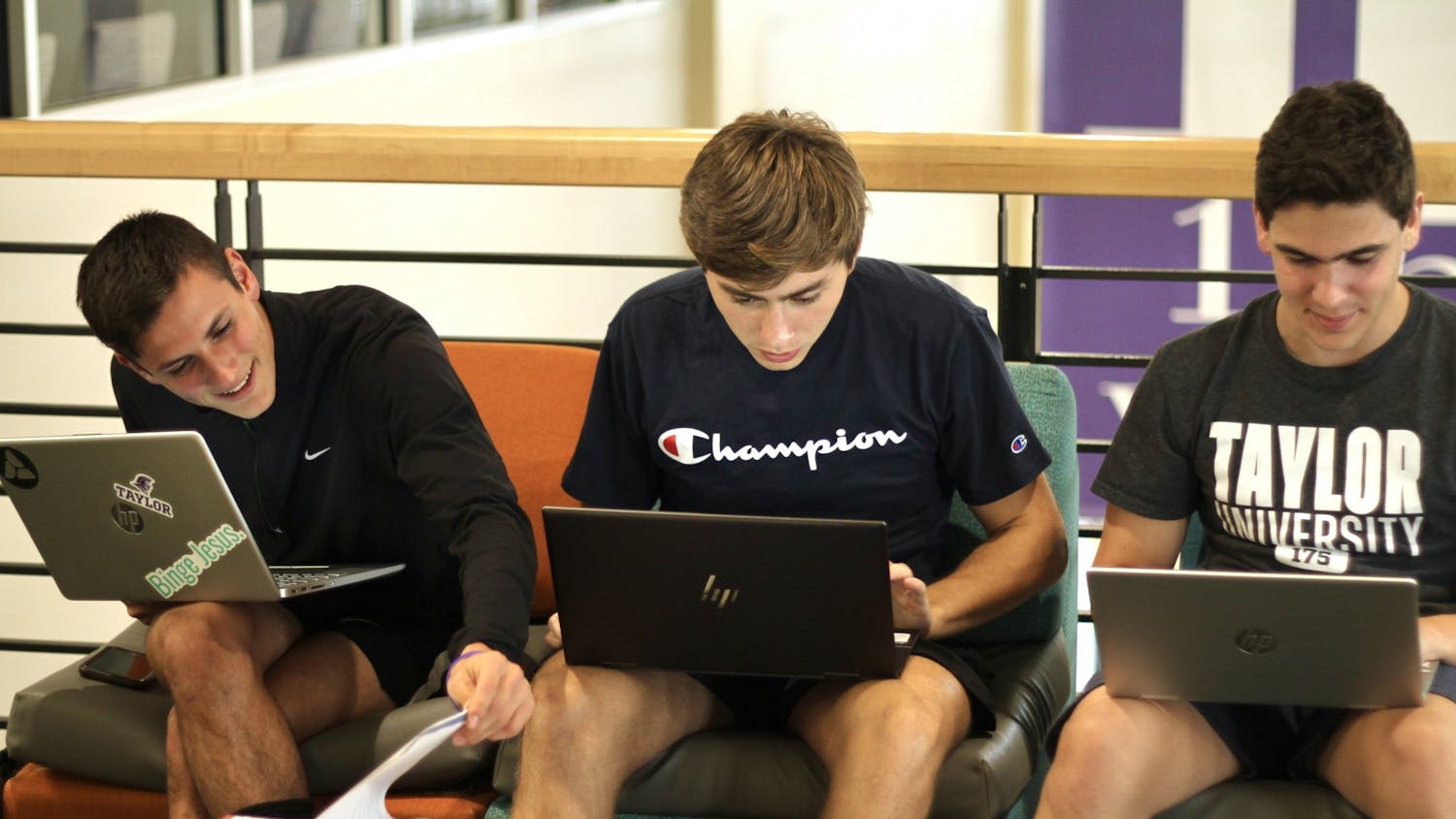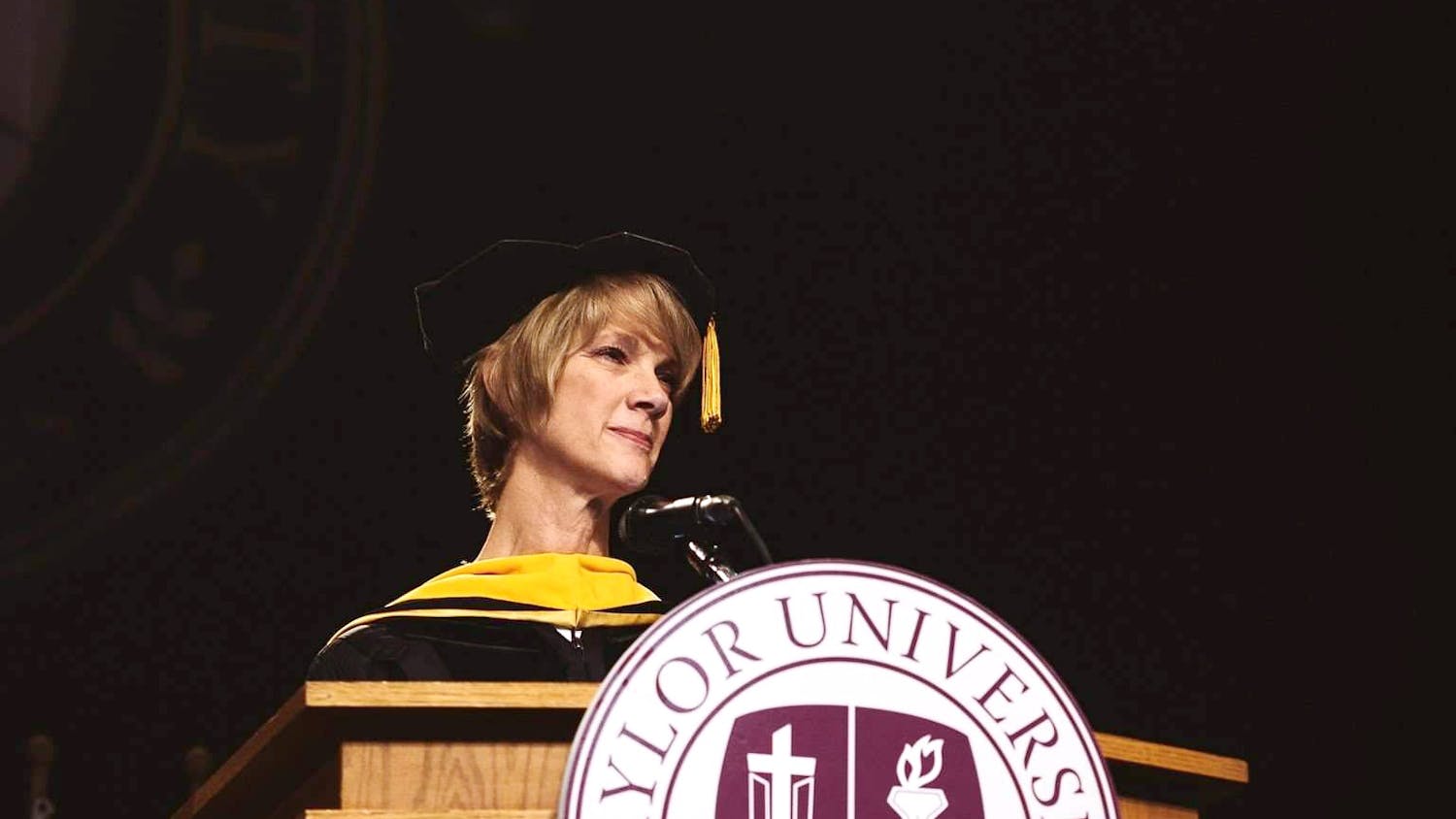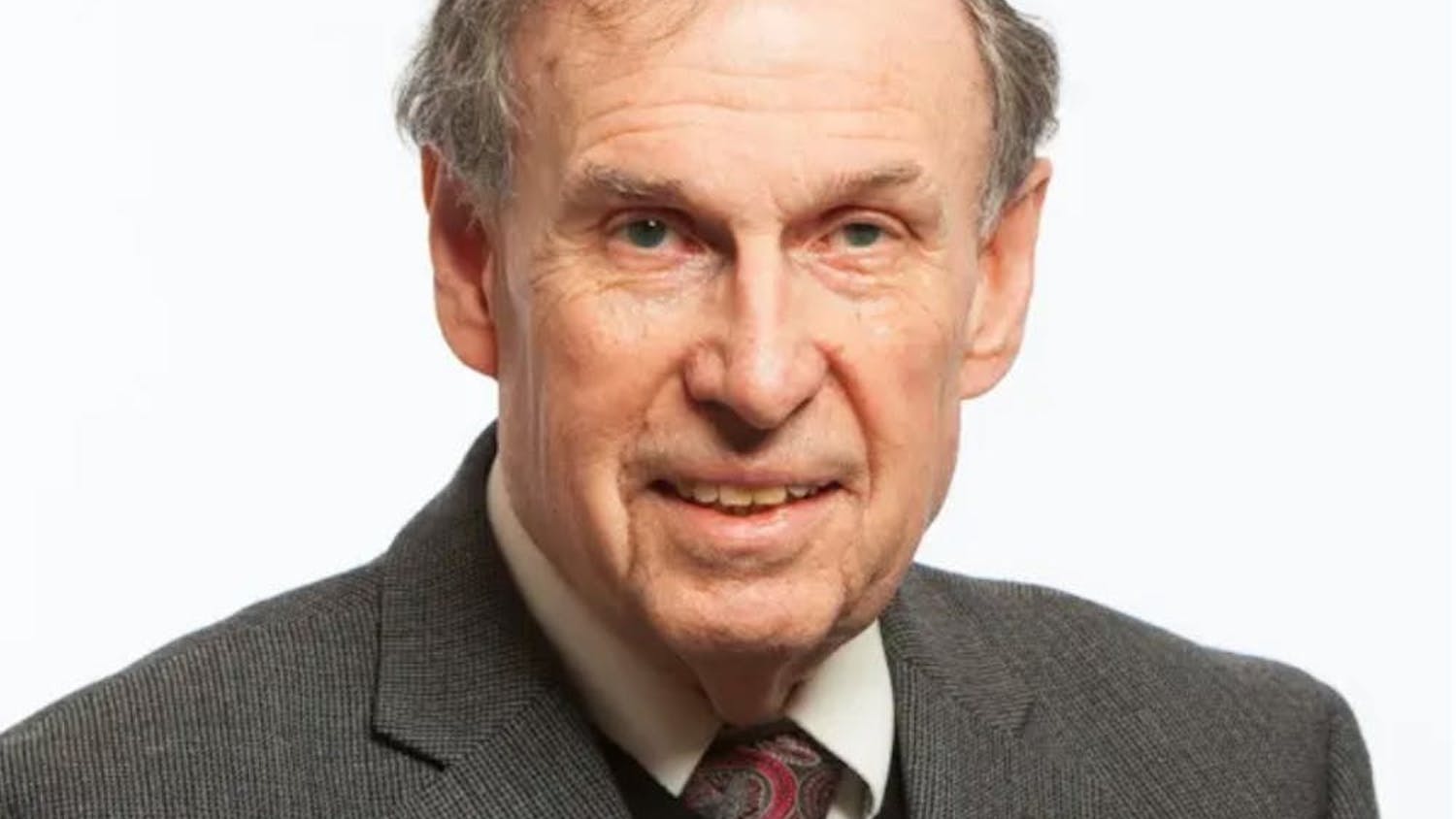I spent a good chunk of this summer bouncing between the Green Line and the Red Line, navigating Boston’s subway system — more affectionately dubbed the “T” — with the help of Google and the MBTA app.
For nine weeks, Monday to Thursday found me in a small seat, swaying between Riverside, Park Street, South Station and Shawmut. It was in this space that I had the privilege of seeing humanity contextualized in the public transit system.
And it was in this space that I learned the importance of proximity.
It would have been faster, cleaner, safer and more comfortable to drive myself to work. But the choice to drive would have cost me a handful of moments that opened my eyes to Boston’s lesser-known side: not the Boston that you encounter on the Freedom Trail, in Fenway Park or along the waterfront — but the city’s weary, vibrant, human face.
I watched a man unpack and repack his suitcase repeatedly, reciting a well-worn story to other passengers as he did so. I listened to an enthusiastic teenager practice an elevator pitch for a start-up computer-repair company and kept the business card he handed to me. I sat near a young Italian couple as they planned their first day in Boston with a stranger-turned-tour-guide who had recently traveled to Italy and wanted to show off the best local spots. I saw fitted suits and slicked-back hair give way to Air Jordans and tattoo sleeves as the T moved from wealthy suburban spaces to densely-packed downtown neighborhoods.
Proximity led to an awareness of gaps that existed in my own understanding of Boston and the individuals sitting across from me.
Proximity lent me perspective.
And this is what I hope “Mind the Gap” extends to the Taylor community: perspectives born from proximity. Stories that bring us close enough to become aware of the gaps that exist in our understanding of and interactions with one another.
Director of International Student Programs Nate Chu notes that many of the gaps within Taylor’s community are developed naturally.
“Because of how life is set up, there will be gaps,” Chu said. “But, you know, this column I think brings up a good point of saying: how do we mind (them)?...We’re not here to eliminate these gaps, but to be aware that these gaps exist.”
Which spaces, like the separation of guys’ wings and girls’ wings, are beneficial to the Taylor community? Which spaces need to be eliminated? And which spaces, neither inherently good nor bad, need to be bridged?
Associate Professor of Communication Dr. Donna Downs recognizes that, in recent years, both the Taylor and Upland communities have taken steps to address existing gaps.
“As a Christian people, our goal is and should be to help those in need, whether here at Taylor or in the outlying greater Grant County,” Downs said. “Narrowing that gap means creating an awareness of our surroundings, seeking to understand one another’s needs and offering a hand where we can.”
In 1968, an automated voice was installed in London’s underground train system. An article in the Londonist states that the recorded message — “Mind the gap!” — reminded riders to be aware of the space between the platform and the train.
This same safeguard is one that should be referenced and brought up frequently within the Taylor community: a reminder to recognize the spaces we might be tempted to overlook and to be proactive in the ways we engage those spaces.
The process might be sticky, but our efforts won’t be wasted.
So, Taylor University: how will we mind the gap?





